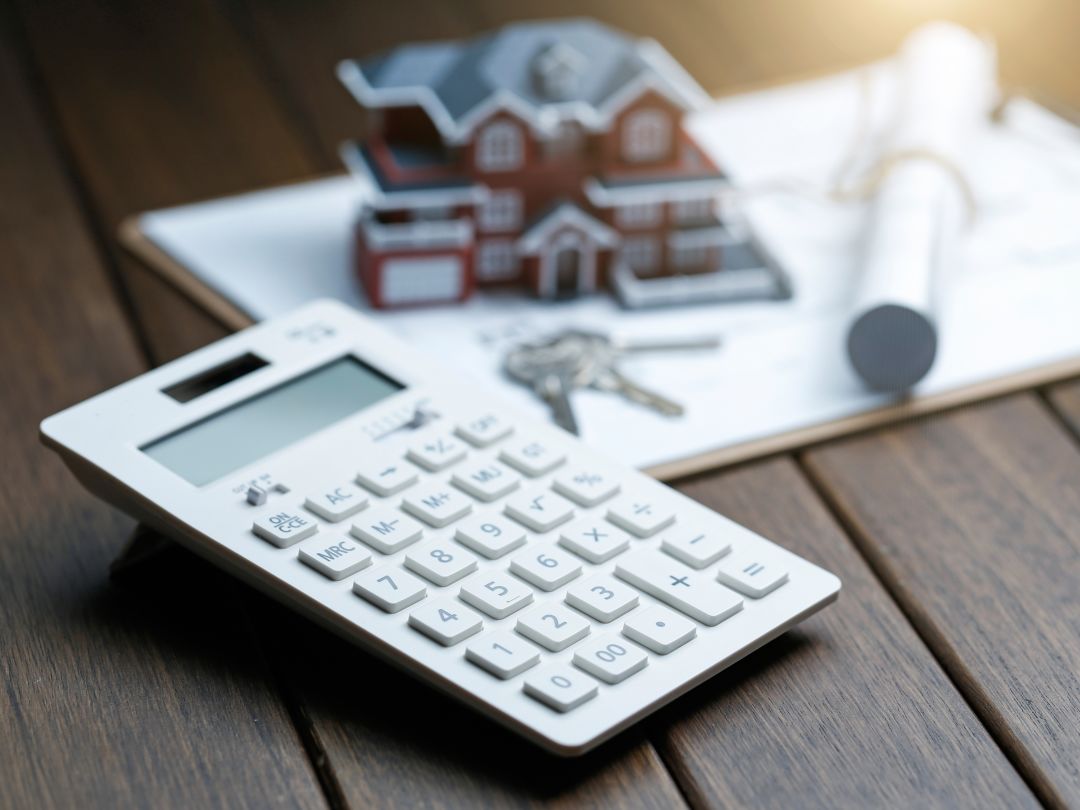By using our site, you agree to our cookie policy.
Selling a house with a mortgage - what happens?
What happens to your mortgage when you sell? Selling a home with a mortgage is really common — and less complicated than you might think.

Selling a house with a mortgage
Most of us take out a mortgage to buy our homes — in many cases, a pretty hefty one. It’s not unusual to sign up for a 20-year or 25-year mortgage. But what happens if you want to move and still have a mortgage hanging over your head? And what happens to a mortgage when you sell your house? It’s easy to start looking over your paperwork and feel buried in terms and conditions. But take a breath — moving with a mortgage is really, really common. And it’s probably easier than you think.
When you’re looking at selling your home with a mortgage in the UK, you have a few options — usually moving your mortgage to a new home (called “porting” in mortgage jargon), remortgaging, or early repayment. We’ll talk you through it.
What happens to my mortgage when I sell?
A few different things can happen to your mortgage when you sell. You might pay it off, move it, or remortgage completely. But every mortgage works a little differently. The first thing you want to do is to check out the terms and conditions on your mortgage — if you find the jargon overwhelming, don’t worry. Just talk to your mortgage lender directly and they should help you answer any questions.
Again, it’s really common to move home with a mortgage, so even though it can seem complicated your lender will easily be able to walk you through all of the options. Oh, and we offer fast, straightforward mortgage advice — having a mortgage broker in your corner can be a huge help. It's our job to answer any questions, deal with all of the paperwork, and help you make the most of your borrowing potential.
Getting advice, from your lender or an advisor, will also be a chance to go over your finances and figure out your budget for your move, looking at the value of your current home, the existing mortgage, and your borrowing potential. Whenever you want to move, your finances are a great place to start. 
It’s really common to move home with a mortgage, so even though it can seem complicated your lender or advisor will easily be able to walk you through all of the options. "
The terms should give you a sense of what early repayment fees there might be. Most lenders allow you to pay off around 10% extra of your mortgage each year, but if you’re paying it off in full, there may be fees attached. It can be as high as 3% - 5% of the balance you still owe. But in some cases, you might find that it’s easiest to pay off your mortgage when you sell your house and start with a fresh mortgage with the new house.
You can also talk to them about remortgaging to buy a new property (especially if you’re going to need a bigger mortgage) or about moving your mortgage, called “porting”. Moving your mortgage can be a good option, if it’s available, because you can save yourself from new mortgage fees. But it will all be down to what your lender is able to do — so reach out out to them, or to a mortgage broker who can help guide you through the process and advocate on your behalf.
What if my property has devalued?
One issue that can come up when you’re selling a home before paying off your mortgage is if your property has devalued — which basically means it’s not worth as much as it was when you first purchased it. Don't panic — this is not very common, especially in recent years when property prices have performed well, but if you bought at the top of the bubble and then try to sell during a crash, you could find yourself in this position.
Basically, the issue with your property going down in value is that you could end up in what’s called “negative equity” — where you owe more to the bank than the house is worth. So if you bought a property for £200,000 and took out a mortgage of £180,000, but now the property is only worth £150,000, you might be in negative equity. Again, this is not very common — so it’s probably not something you have to worry about. If you're not sure what your home is worth now, talk to an estate agent or do a quick search of homes in the area to give you a sense. As we said, it's fairly unusual to find you're in negative equity. But if this is the case, you’ll want to talk to your lender and an estate agent to see if it’s really the right time for you to sell.

For most people, moving home with a mortgage will be a pretty straightforward process. You’ll work out whether you want to pay off the mortgage, move it, or remortgage — which will normally just come down to a quick look at what makes the most sense financially. If you have special circumstances or your property has devalued, you’ll want to consider things more carefully. But remember, you’ve got a team to help you out — agents, advisors, lenders — so don’t be afraid to reach out when you need it. The answer is probably closer than you think. Want more information about mortgages? Check out our complete mortgage guide here.
Selling with a mortgage FAQs
Do I need to tell my mortgage company if I am selling my house?
Definitely. You’ll need to let them know and you’ll also want their help to talk through the different options, unless you’re using a separate advisor. Even so, they should be one of your first ports of call.
How do you sell a house while still paying a mortgage?
How long do you have to have a mortgage before you can sell?
What are early repayment fees?
Can you sell a house if you haven't paid off the mortgage?
What is porting a mortgage?
What happens if I sell my house with a mortgage?
What is the 6 month rule with mortgages?
Can you sell a house before paying off mortgage?
Can I sell my house if I have a 5 year mortgage?
Mortgage advice without the jargon
Fast, easy mortgage advice
Need mortgage advice to make that next dream home a reality? We can help. We offer completely unbiased mortgage advice when you need it most. No pushy selling. No pointless jargon. Just friendly, straightforward advice when you need it most.

You might also like
Thinking about selling?

Selling a shared ownership property
Selling a shared ownership property is easier than you think — we talk you through the steps.

Cost of selling a house
From conveyancing to removals, there are many costs involved in selling a house. We’ll make sure you’re prepared.

Documents you need when selling
What certificates do you need to sell your home? What documents do you need for a mortgage?
Strike feel free
Copyright © Strike Limited 2024

